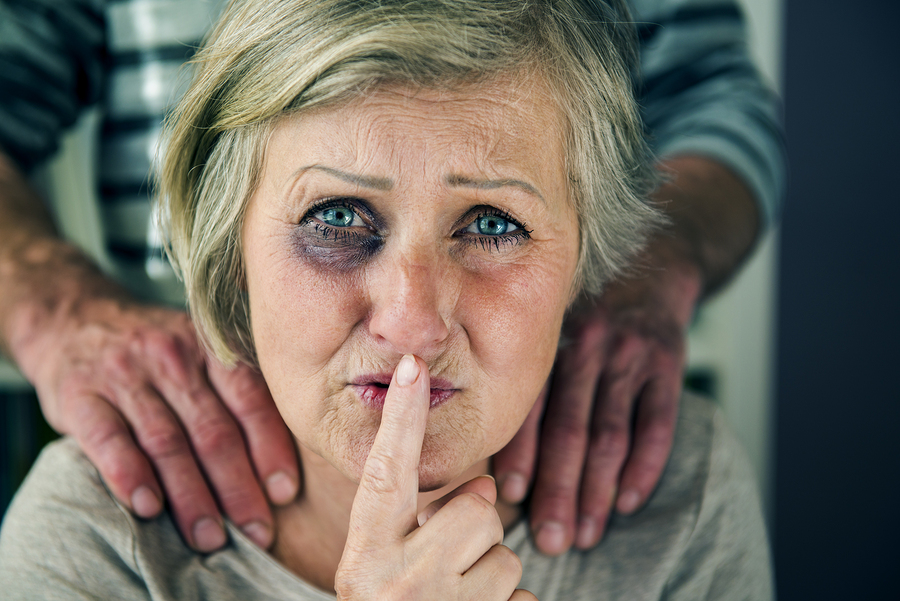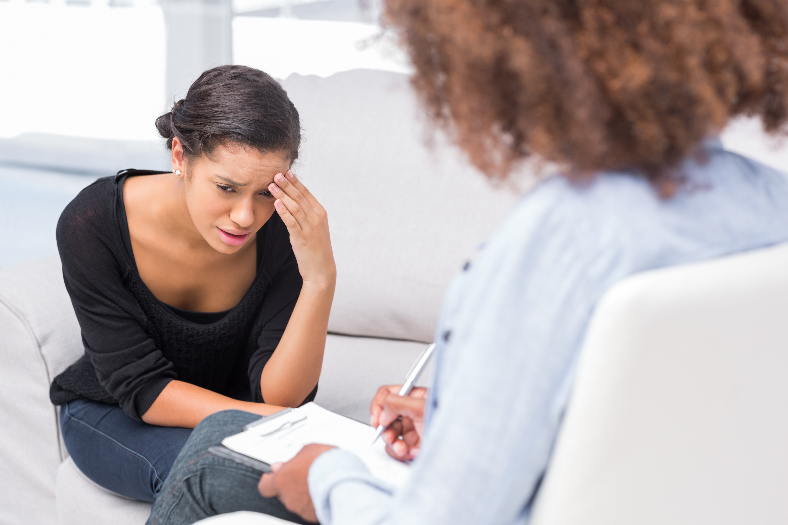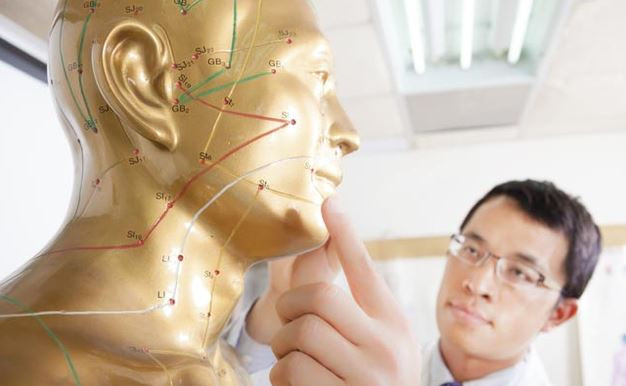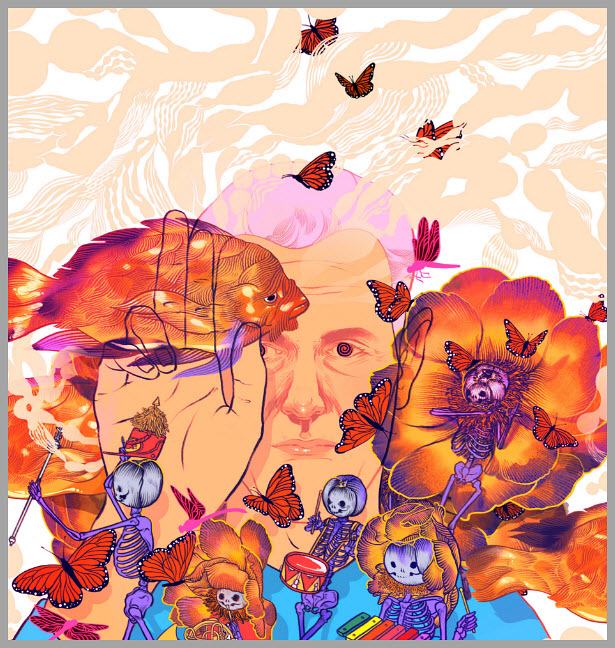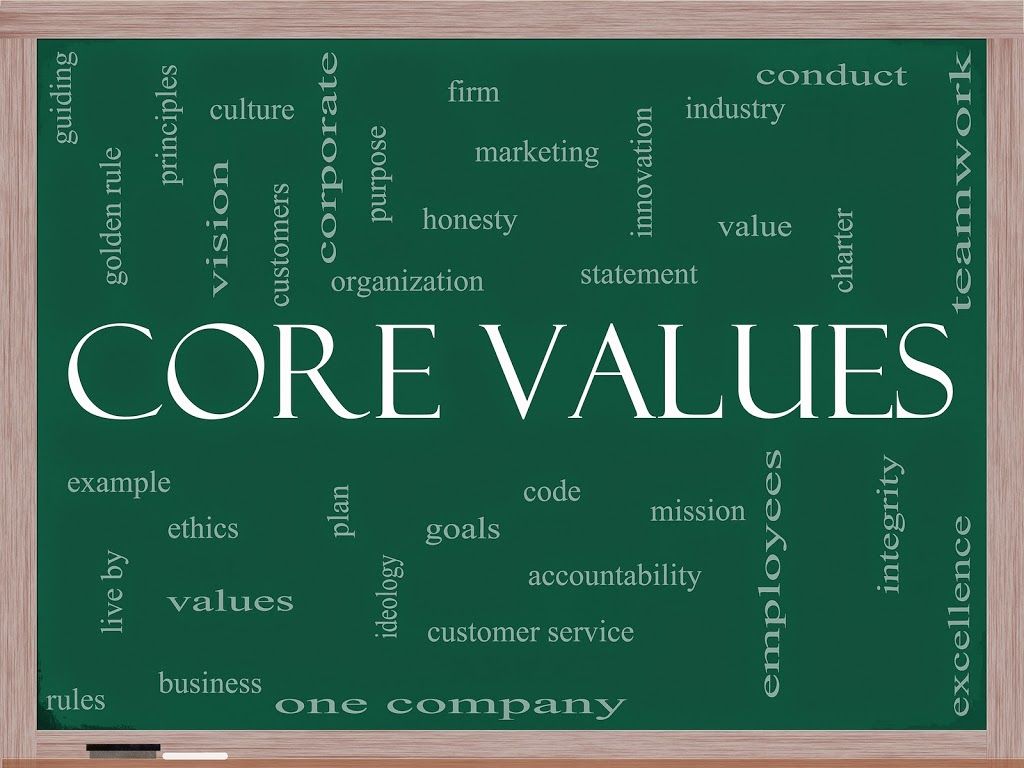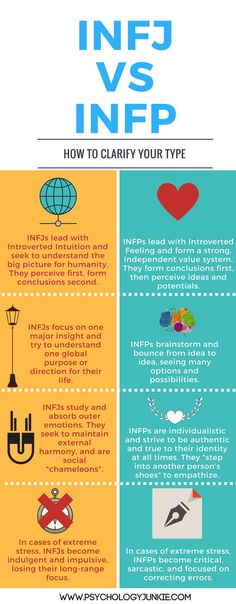Stress causing breakouts
What Causes It and How It Differs From Other Acne
We’ve all dealt with a blemish at least once in our lives, and I would bet my life savings that the majority of adults reading this article will experience at least one more before the month is over. They can suck, but breakouts are just a normal part of having skin—which, you know, is something you generally want to have, particularly on your face. But, as an adult, there are times when acne breakouts can indicate a bigger issue, past the general explanation of clogged pores. Things like stress and hormones can cause acne breakouts—and if you're experiencing repeated breakouts, this may be the explanation for why.
Ahead, find out everything you need to know from acne experts to determine whether stress or hormones are causing your breakouts.
Meet the Expert
- Michele Green, MD, is a board-certified dermatologist, who has worked for global skincare brands including L'Oréal and Johnson & Johnson and has published articles in professional journals including The Journal of American Academy of Dermatology and Cosmetic Dermatology.
- Donna Hart, MD, is a board-certified medical, surgical, and cosmetic dermatologist, who has published in several medical journals and is a member of the American Academy of Dermatology, American Society for Dermatologic Surgery, and Women’s Dermatologic Society.
What Is Stress Acne?
"In times of stress, your stress hormones rise and trigger your oil glands to produce more oil, which then triggers acne flares,” Hart explains. Hormones also play a similar role, but according to Hart, the difference is timing.
If you find you mostly get breakouts around your period, you are likely experiencing hormonal acne rather than stress acne. "Hormonal changes, mainly increased androgen levels, have the same effects on oil glands,” Hart says. "The main way to tell the difference is to track acne triggers, for example, after a period of stress versus more regularly with monthly menstrual cycles."
The location of stress acne may vary. If you find you’re normally breaking out in the same place around the same time of the month (e. g., your chin or jawline), you can bet that your acne is likely related to your menstrual cycle rather than your stress levels. This is especially true if the acne takes on the form of painful cysts. According to Green, these "usually appear in the same spot over and over again and become severely chronic because they’ve accumulated so much oil over days or even weeks."
g., your chin or jawline), you can bet that your acne is likely related to your menstrual cycle rather than your stress levels. This is especially true if the acne takes on the form of painful cysts. According to Green, these "usually appear in the same spot over and over again and become severely chronic because they’ve accumulated so much oil over days or even weeks."
But stress acne, as opposed to other types of breakouts, will usually appear in the oiliest areas of your face. Similarly, Green says that stress acne is often accompanied by telltale signs like redness and itchiness.
Stocksy
Causes & Prevention of Stress Acne
First things first: What causes stress acne? Stress, of course, but it's a little bit deeper than that. According to a 2017 research review in The Journal of Clinical and Aesthetic Dermatology, "a self-administered, dermatologist-validated questionnaire of 3,305 women ages 25 to 40 years in France" revealed adult-onset acne was reported by 41 percent of the women, and that "stress was listed as a precipitating factor for acne in half of the women surveyed. "
"
So, how does stress actually relate to the cause of blemishes on your face? That’s where things get a little more complicated. Stress comes with an increase in cortisol, and increases in cortisol trigger a systemic response within the body that has the potential to impact the immune system, digestive system, reproductive system, and growth processes. Cortisol is key in causing stress acne breakouts as well, with the upped cortisol being associated with a rise in sebum (or oil) production. More oil production means more clogged pores, and more clogged pores mean more breakouts.
Considering the involvement of cortisol, when we talk about stress acne, we’re talking about hormonal acne in a way as well. It’s not the same as acne that will show up around the start of your menstrual cycle, but it is acne that’s appearing because of a response to an alteration of your regularly scheduled hormonal pattern. "When you’re under an increased amount of stress, this can trigger hormonal changes that simply worsen your acne," Green explains.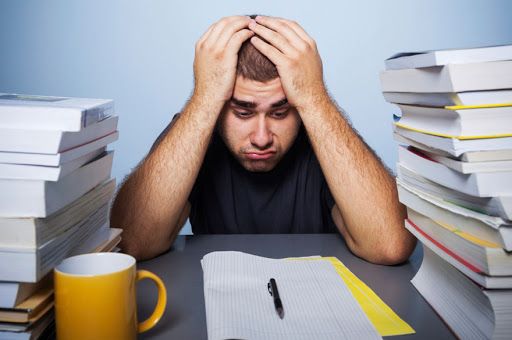 "Stress acne can happen at any time, at any age. Usually, in adults it’s because they’re stressed at work or at home, in younger adults, it’s mostly because of school."
"Stress acne can happen at any time, at any age. Usually, in adults it’s because they’re stressed at work or at home, in younger adults, it’s mostly because of school."
Cavan Images / Getty Images
Treatment of Stress Acne
“If you work with your skin, the results will be there one step at a time,” Green says. For treatment options, she recommends “a topical spot treatment, something like salicylic acid, which can be found over-the-counter.”
We like Murad's salicylic acid acne spot treatment meant to target acne, reduce blemish size and redness, and soothe skin.
Murad Rapid Relief Acne Spot Treatment $24.00
Shop
If it’s something deeper—a stress “cyst,” something under-the-skin, perhaps—"just hold a warm or cold compress over the affected area to decrease the pain and/or redness.” This should be done for a few minutes twice a day until the spot is minimized.
“If stress acne seems to happen often, then try switching your skincare routine.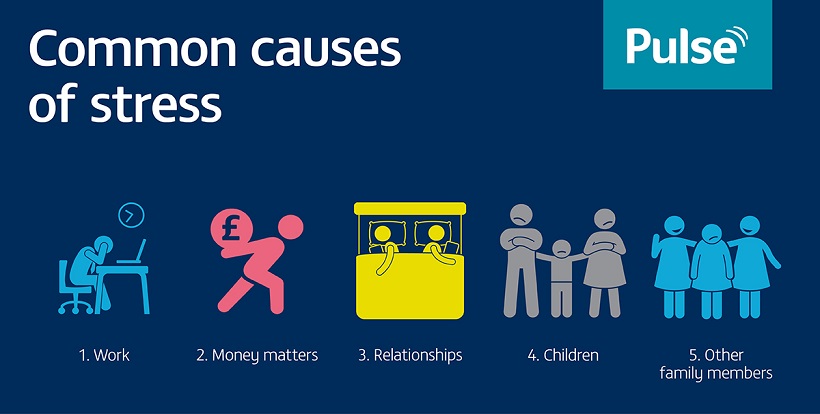 Find products that work with your skin, not against it,” Green recommends.
Find products that work with your skin, not against it,” Green recommends.
If you suspect that your acne may be due to stress or hormonal-related reasons, talk to your dermatologist about your immediate skin care options to help speed up your recovery.
This All-Natural Oil Killed My Cystic Acne in 24 Hours
How Stress Affects Acne
Stress and acne
Most of us have had or at least known someone who’s had acne. Data shows that 85 percent of us will have some form of acne during our lives. For some it may just be one or two bumps or pimples, but for others it can be extreme and lead to scarring.
Acne usually appears on your face, back, or even your neck and shoulders. Although it occurs most often during the teenage years, it can affect you at any age.
The relationship between stress and acne has been misunderstood by many. Stress can’t directly cause acne. However, studies have shown that if you already have acne, stress does make it worse.
Researchers have found that wounds, including acne, are much slower in healing when a person is under stress.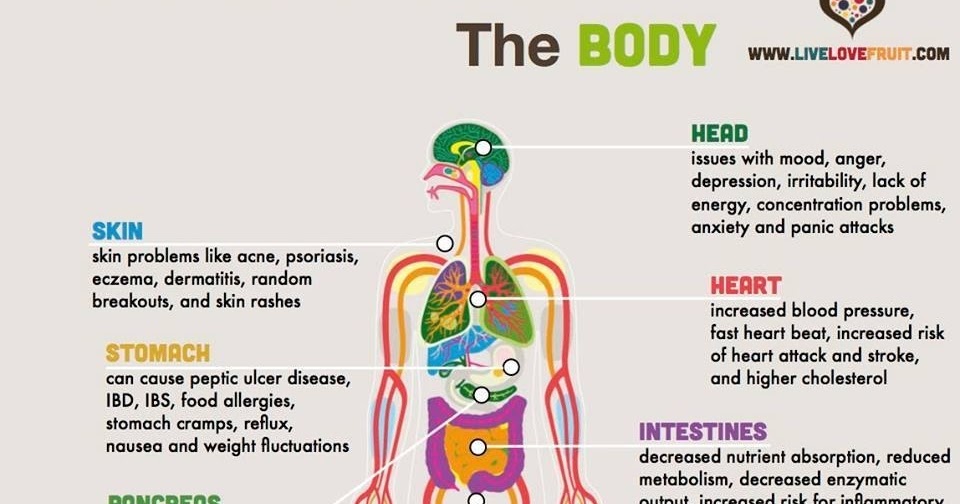 Slower healing of acne means that the pimples stay longer and are more susceptible to increasing in severity. It can also mean that more acne is visible at one time because it takes longer for each pimple to heal during a breakout.
Slower healing of acne means that the pimples stay longer and are more susceptible to increasing in severity. It can also mean that more acne is visible at one time because it takes longer for each pimple to heal during a breakout.
Acne occurs when excess oils, dead skin cells, bacteria, and sometimes hair block pores in your skin. However, the exact cause of why this happens isn’t clearly known.
Some things are generally thought to cause acne. These include:
- hormones during pregnancy and the teen years
- certain medications including birth control pills
- family history of acne
Once pores on your skin are blocked, they become irritated and will swell into a pimple or bump.
There are several types of acne that range from mild to severe. The mild types include blackheads and whiteheads and are considered mild inflammatory acne.
Moderate to severe inflammatory acne includes pink pimples that are relatively small and sore. It has a mix of papules and pustules (bumps that have pus on top with a red base).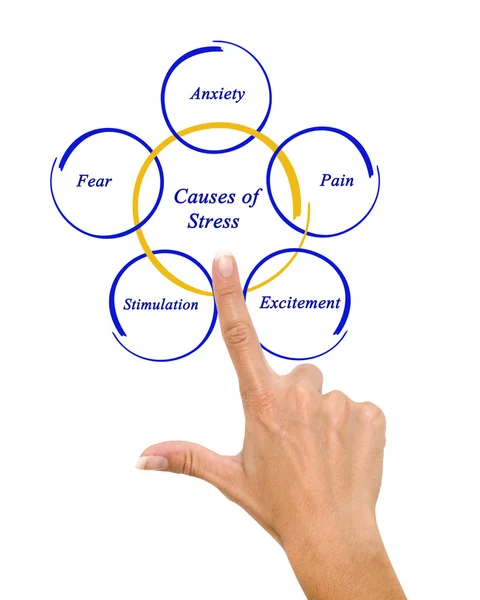
Acne is considered severe when there are nodules, cysts, or scarring. Cysts and nodules are large, painful, and deeper in the skin.
Treatment of acne differs somewhat depending on the severity. Mild acne, which is most common, may be treated by simple hygiene and over-the-counter (OTC) creams or topical treatments. Treatment for mild acne may include:
- Washing gently with soap and water: Scrubbing your acne or using a harsh soap doesn’t help in the treatment of acne. In fact, it may make your acne worse.
- Using OTC treatments: Ingredients in these treatments include benzoyl-peroxide, sulfur, resorcinol, and others.
- Practicing relaxation techniques: If you’re under a lot of stress, using relaxation techniques may help speed up the healing of your acne.
If these fail, topical creams such as retinoids may need to be prescribed.
Treatment for moderate to severe acne requires the use of topical or oral prescription medications from your doctor. These include antibiotics, retinoids (derived from vitamin A), and others that your doctor may suggest.
These include antibiotics, retinoids (derived from vitamin A), and others that your doctor may suggest.
If you experience a breakout of severe acne, you should visit a dermatologist, a doctor specializing in skin conditions. A dermatologist will be able to better assess what medications or treatments will be most effective for your acne.
Your dermatologist may try some of the treatments listed previously. But if those don’t help, they may prescribe a medication called isotretinoin (Sotret, Claravis). This medication helps reduce severe acne. However, it does have some side effects you’ll want to ask your dermatologist about. It can cause birth defects, so women who’re pregnant or thinking about pregnancy shouldn’t take it.
You doctor may also inject your acne with corticosteroids. This can help with any pain or redness you have.
To prevent all types of acne, certain simple daily practices and OTC solutions can help. Some prevention techniques include:
- washing your face gently and not more than two times per day
- using OTC products that help reduce oils on your skin
- using water-based, nonirritating skin products including sunscreen and cosmetics
- keeping things off your face as much as possible that may contain oils like your hands, hair, or telephone
- wearing loose clothing that reduces sweating
- not squeezing pimples
Learning to reduce and manage your stress can be important in the treatment of your acne since stress can make your acne worse. Even if your environment or job isn’t stressful to you, sometimes an acne breakout can cause emotional stress.
Even if your environment or job isn’t stressful to you, sometimes an acne breakout can cause emotional stress.
Some simple steps you can take to reduce stress include:
- taking a few deep breaths
- practicing meditation or yoga
- getting a good night’s sleep
- maintaining a healthy diet
- exercising regularly
- talking about it to a friend, family member, or a counselor
Interesting and useful
Plane is published 03/23/2021
In the remaining ten -in -library, I was actively worshiping the Schir, the same nerve tension and camp shkіri, but also know їy scientific explanation. It appears that a tight connection between the skin and the nervous system is laid down at the stage of embryonic development, cells and skins of melanocytes and tissues of the nervous system are formed from a single ball - ectoderm.
When we feel stress, the release of stress hormones (cortisol and adrenaline) is activated, the production of neurotransmitters and neuropetides is activated, the nervous system is damaged. Changes disrupt the work of the immune cells, as a result, the natural defenses are weakened. Shkira cannot effectively resist attacking її pathogenic microorganisms, free radicals and other external factors, which can lead to vindication or worsening of skin diseases, improvement of processes of renewal and renewal.
Changes disrupt the work of the immune cells, as a result, the natural defenses are weakened. Shkira cannot effectively resist attacking її pathogenic microorganisms, free radicals and other external factors, which can lead to vindication or worsening of skin diseases, improvement of processes of renewal and renewal.
Appearance of acne, rosacea, aggravated psoriasis, eczema, early old skin due to stress does not occur immediately, which often does not cause skin problems due to nerve tension. However, in order to deal with these aesthetic problems, it is necessary to know the reason for it, as the stench is provoked by stress itself, it is important to lie in glee and watch.
Acne as a result of stress
Let's figure out how to cover the skin and nervous system and how to process, causing stress, to provoke such an unacceptable dermatological problem, like acne.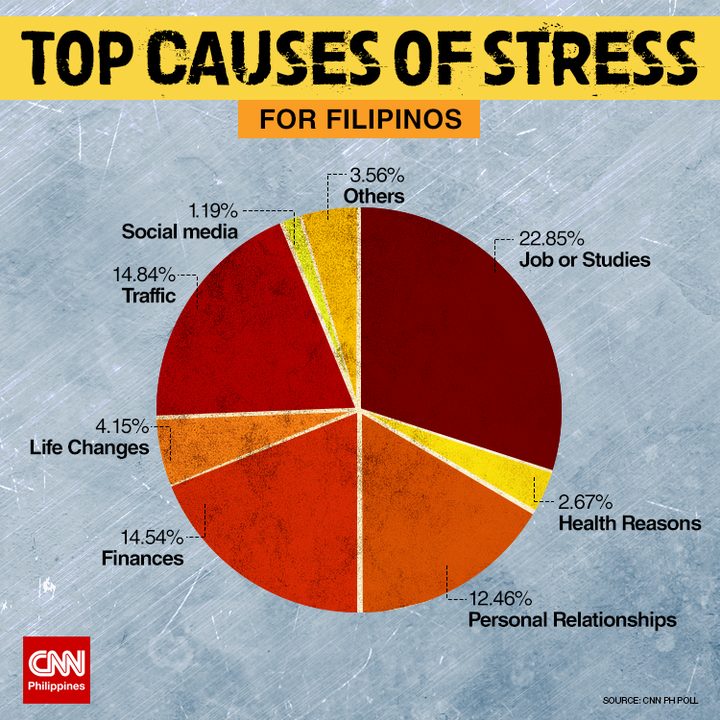
Headache - stress hormone cortisol. The same wine provokes the activation of the robotic sebum, as a result of which the sebum is vibrated, the pores become clogged with lard, and the same mind is friendly for the reproduction of microbes that provoke acne. And the shards of stress, as we already knew more, negatively affect the human immunity, then the resistance of pathogenic microorganisms in the world becomes more complicated. More than that, with the weakening of the bar'ernyh functions of the skin, it is not possible with a proper rank to protect yourself from the ovnіshnіkh zabrudnen, and tse tezh create fertile soil for the fuse.
Cortisol also disrupts the balance of intestinal microflora, which, among other things, contributes to the improvement of acute acne.
But acne is not the only problem, as hormonal changes result from stress. The same cortisol leads to a sharp and severe expansion of the vessels, which can be manifested in apparently rosacea.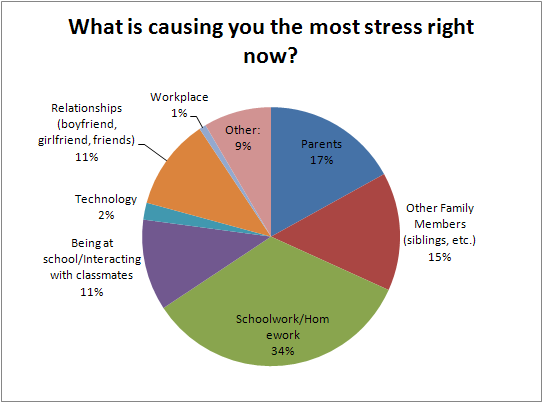 Also, the hormone is added to the regeneration process, potentiating the generation of free radicals and peroxidation in the cells of the skin.
Also, the hormone is added to the regeneration process, potentiating the generation of free radicals and peroxidation in the cells of the skin.
Adrenaline, in its turn, gives a lot of problems, causing spasm of the vessels and sour starvation of the muscles. And as you can see, without a sour skin, the skin becomes dark, gray, early signs of age-old changes appear.
In this way, the task of minimizing stress in life is relevant for everyone who talks about the signs of the world. Well, you don’t want to fight in your own guise hanging, the court’s stars, rotting, and, we’ll have more, you don’t want the shkira to grow old in time in the face of stress!
Defenders against the stress of the dewy hike
It's time to talk about those who help the shkir after the stress.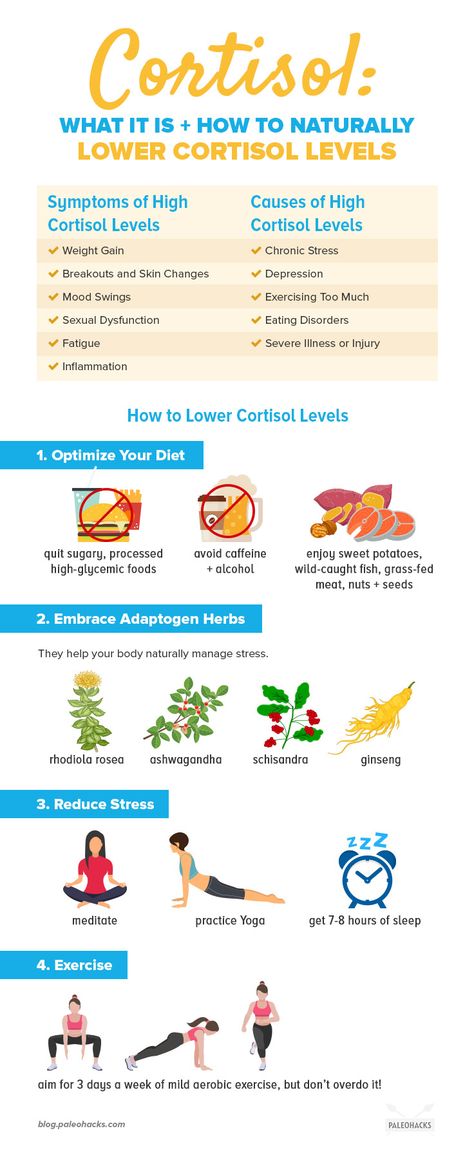 I mova pide not only about cosmetics.
I mova pide not only about cosmetics.
Fortunately, nature itself has created its own, yakі can help to get back from the effects of stress. Go, first of all, about sweat antioxidants and adaptogens. Topics of antioxidant cosmetics have been dedicated to okrema article. Adaptogens - tse natural speech of the dewy, sea and creature-like adventure, as they allow to increase the health of the body, and the skins of the cream, to repair all types of stress.
Cosmetics manufacturers actively include adaptogens in their products, such as ginseng, goji berries, herbs, honey, ginger, Moringa and others.
Significantly, salon procedures and the help of a home visitor will help to significantly increase the size of the skin, but also to understand how to turn the youth of a person and wake up in the face of stress, it is important to adapt to a complex work. It is necessary to introduce the correct diet and eating regimen, individually select appropriate methods for reducing stress, for example, yoga, massage, meditation, tribal walks, etc.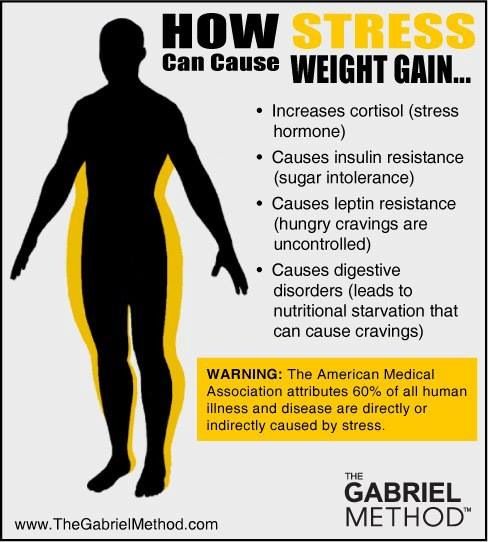
How can stress help skin, how can cosmetics help?
If we know how stress pours into the skin, we can understand how resources are needed to effectively deal with this negative impact.
- As you remember, through stress, the power of the skins decreases, and therefore, cosmetics will come to the rescue, as a way to improve the bar'ern functions and thus minimize the reaction of the skins to stress. Vіdmіnny variant - zahisny cream Skin Barrier Protecting Cream (SPC) from Genosys.
- Antioxidants are our super-helpers for resisting free radicals and causing stress. An anti-oxidant and anti-age effect is provided by E In C Serum in Phyto-C.
- Reinvention of the microbiome of the skin is another priority task in stress. Come to the rescue with pre- and probiotics, for example, Molecular Savior Probiotics Repair Mist from Allies Of Skin.
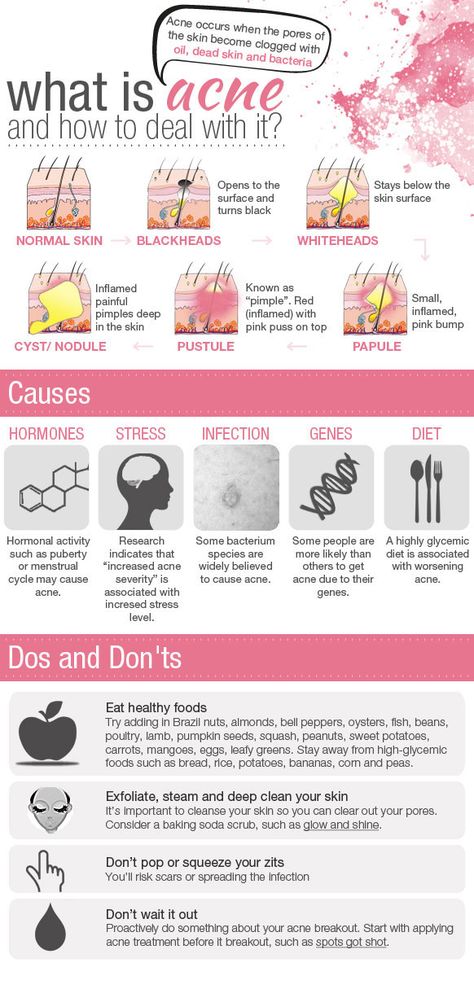
- Without yakіsnogo shkіrі do not bleed zі stress, so ob'yazkovo include in the eye a product that saturates the skin with moisture and helps utrimannyu, for example, cream for denunciation Emolia vіd Rejudicare.
Yaku cosmetics vicoristovuvati, Yakshcho you have a stress: 3 ethnic anti-stresses B'Ti-Product
- Swiss pre-Brand Valmont is definitely knowing, Yaks turn the youth of the pіslya, the bugato is a bastard. The most popular product to the brand, which has already taken the title of bestseller for 30 years, is Prime Renewing Pack - a cream-mask that works on the skin level and turns the skin freshness and radiance, virіvnyuє microrelief and secures deep bliss.
- Quickly remember the resources used as a result of stress to supplement the current course of intensive monitoring of Stress Control ampoules from Babor. The set has 7 ampoule concentrates, which will calm the irritated skin, relieve inflammation, blackening and promote the immune functions of the skin.
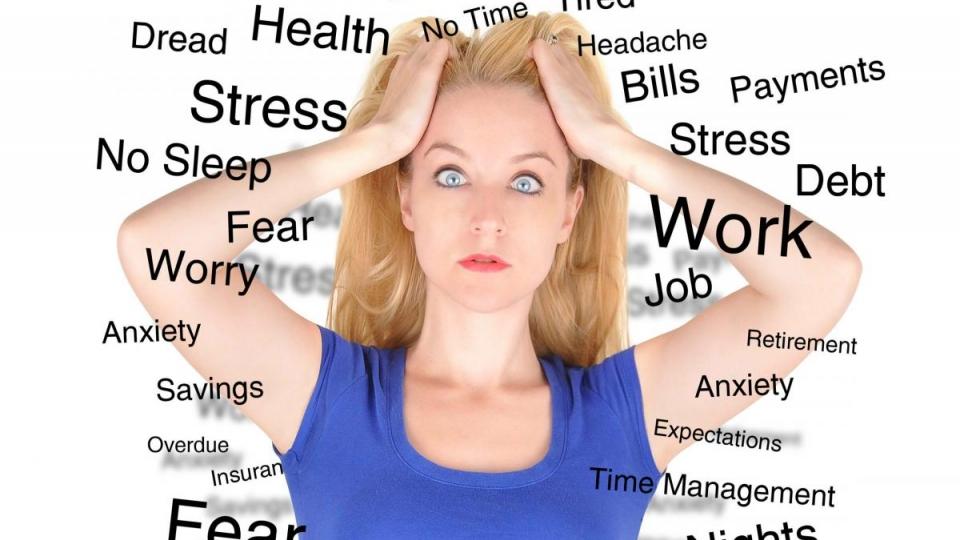
- Vіdminny variant in the look behind the stressed skin, slender to teasing and hanging - night mask Cicapair Mask spec. Dr. Jart + with a rich complex of plant antioxidants and Asiatic centella.
You can buy individually colored anti-stress cosmetics on the Krasotashop website. Our beauty consultants will suggest how to prolong the youth of the skin, secure its support and protection and recommend the best cosmetic products, hair care, type of skin and її camp.
Share:
How to tell stress acne from other breakouts
How to tell stress acne from other breakouts
According to experts.
Nothing is certain in this world except death, taxes... and acne. We've all experienced this blemish at least once in our lives, and I'm willing to bet my life savings that most adults reading this article will experience at least one more pimple before the end of the month.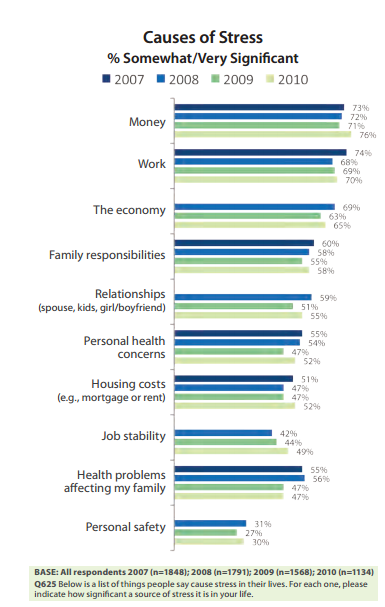 They may get upset, but it's just a normal part of the skin that you know you don't usually want to have, especially on the face. But in an adult, there are times when breakouts can indicate a more serious problem, in addition to the general explanation for clogged pores.
They may get upset, but it's just a normal part of the skin that you know you don't usually want to have, especially on the face. But in an adult, there are times when breakouts can indicate a more serious problem, in addition to the general explanation for clogged pores.
Factors such as stress and hormones can cause breakouts - and if you suffer from recurring breakouts, this may be the reason.
"During stress, your hormones are activated and cause the sebaceous glands to produce more oil, which then causes flare-ups," explains Donna Hart, MD, a dermatologist at Westlake Dermatology in Austin, Texas.
Donna Hart, MD, Dermatologist, Surgical and Cosmetic. Hart has published in several medical journals, is board certified by the American Board of Dermatology, and is a member of the American Academy of Dermatology, the American Society for Dermatological Surgery, and the Women's Dermatological Society.
Hormones also play a similar role, but according to Hart, the time difference. If you find that you mostly break out during your period, chances are your acne is hormone related and not stress related. "Hormonal changes, mostly increased androgen levels, have the same effect on the sebaceous glands," says Hart. To understand the difference, you need to track acne triggers, such as after a period of stress versus a more regular monthly menstrual cycle.
If you find that you mostly break out during your period, chances are your acne is hormone related and not stress related. "Hormonal changes, mostly increased androgen levels, have the same effect on the sebaceous glands," says Hart. To understand the difference, you need to track acne triggers, such as after a period of stress versus a more regular monthly menstrual cycle.
What causes stress acne
First things first: what causes stress acne? Stress, sure, but the reason is a little deeper. According to a 2017 study in the Journal of Clinical and Aesthetic Dermatology titled "Emerging Issues in Adult Women with Acne", a self-administered, dermatologist-approved survey of 3,305 women aged 25 to 40 in France, researchers found that "the appearance of acne in 41% of adult women and stress was cited as a trigger for acne in half of the women surveyed."
"Emotional stress causes increased release of the stress hormone cortisol," explains Sonya Vaidian, MD, EHE Health. According to the Mayo Clinic, when cortisol levels rise in the body, a systemic response is triggered that can "alter immune system responses and suppress the digestive, reproductive, and growth processes."
According to the Mayo Clinic, when cortisol levels rise in the body, a systemic response is triggered that can "alter immune system responses and suppress the digestive, reproductive, and growth processes."
Cortisol also plays a key role in causing stress rashes. According to Vaidian, "When cortisol levels rise, it disrupts the hormones that regulate sebum balance, leading to clogged pores and acne." In other words: More sebum production means more clogged pores, and more clogged pores means more breakouts.
Given the involvement of cortisol when we talk about stress acne, we're actually talking about hormonal acne in a way. This is not the same as acne that appears at the beginning of the menstrual cycle, it is acne that appears due to a reaction to a change in regular hormonal levels. "When you're under increased stress, it can cause hormonal changes that just make your acne worse," explains Michelle Greene, MD, a New York City-based dermatologist.
“Stress acne can appear at any time and at any age. Usually in adults this is due to stress at work or at home, in young people it is mainly due to school.”
Usually in adults this is due to stress at work or at home, in young people it is mainly due to school.”
Dr. Michelle C. Green is a board certified dermatologist with an MD from Mount Sinai School of Medicine in New York. Greene has worked with global skincare brands L'Oréal, Johnson and Johnson, Bioré and RoC on research, development and safety testing of products launched around the world. She has published articles in professional journals including The Journal of American Academy of Dermatology and Cosmetic Dermatology.
Areas affected
Areas affected may vary. If you find that you usually get breakouts at the same time of the month in the same place, i.e. on your chin or jawline, you can bet that your acne is most likely related to your menstrual cycle, and not with stress levels. This is especially true if the pimples take the form of painful cysts: according to Dr. Green, they "usually appear in the same place over and over again and become severe chronic because they have accumulated so much fat over several days or even a week.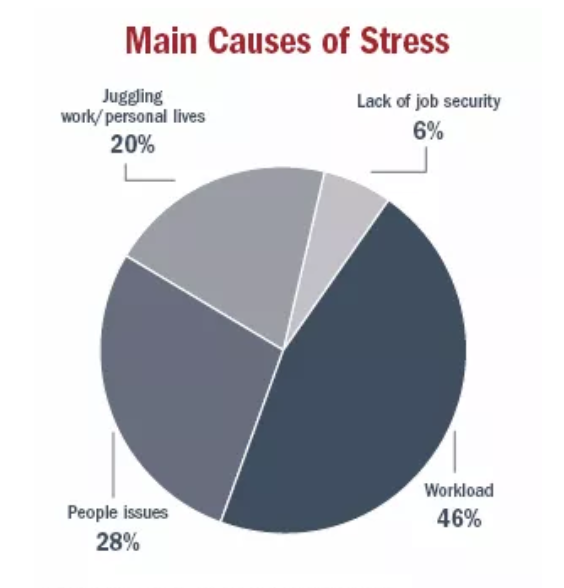 " .
" .
But stress acne, unlike other types of pimples, usually appears on the oiliest areas of the face. “Stress pimples or blackheads usually appear in the T-zone,” shares Dr. Vaidian. “In this case, acne is usually accompanied by enlarged pores, shine, blackheads, whiteheads, and uneven or grainy skin.” On the other hand, regular acne will not appear along with these accompanying symptoms. Similarly, Dr. Greene says that stress acne often comes with telltale signs like redness and itching.”
What to do
“If you work with your skin, the results will come gradually,” says Dr. Green. As treatment options, she recommends "topical acupressure, such as salicylic acid, which is available over-the-counter." If it's something deeper - a stress "cyst", perhaps something under the skin, "simply apply a warm or cold compress to the affected area to reduce pain and/or redness." This should be done for a few minutes twice a day until the stain is minimal.
“If stress acne occurs frequently, try changing your skin care routine.
